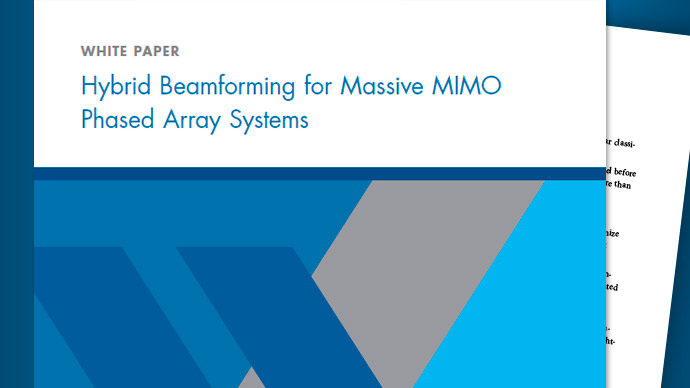单极Custom
Create customized monopole antenna
描述
The单极Custom对象使用该形状创建任何形状的单极散热器天线。形状班级。地面可以采用任何形状。您可以创建任何任意形状的单极,并为场,表面和端口特征分析。单极天线具有简单的结构,并提供具有宽阻抗带宽的全向辐射模式。单极天线通常用于机载和地面通信系统。

Creation
Syntax
描述
蚂蚁=垄断
蚂蚁=垄断(Name,Value)ant = monopoycustom('radiatortilt',90)creates a monopole antenna with tilt angle of the radiator at 90 degrees on the z-axis.
Properties
Object Functions
show |
Display antenna or array structure; display shape as filled patch |
axialRatio |
天线的轴向比 |
梁宽 |
天线的光束宽度 |
charge |
金属或介电天线或阵列表面的电荷分布 |
current |
Current distribution on metal or dielectric antenna or array surface |
效率 |
Radiation efficiency of antenna |
埃菲尔德 |
Electric and magnetic fields of antennas; Embedded electric and magnetic fields of antenna element in arrays |
impedance |
Input impedance of antenna; scan impedance of array |
网 |
金属或介电天线或阵列结构的网格性能 |
优化 |
使用SADEA优化器优化天线或阵列 |
图案 |
地图上的绘制天线辐射模式 |
图案Azimuth |
天线或阵列的方位角图案 |
模式增长 |
Elevation pattern of antenna or array |
rcs |
平台,天线或阵列的计算和图雷达横截面(RCS) |
returnloss |
Return loss of antenna; scan return loss of array |
sparameters |
S参数对象 |
vswr |
天线的电压站立波比 |
例子
参考
[1] Ammann,M。J.“方形平面单极天线。”IEE National Conference on Antennas and Propagation,卷。1999年,IEE,第37-40页。
[2] Weiner, M. “Monopole Element at the Center of a Circular Ground Plane Whose Radius Is Small or Comparable to a Wavelength.”IEEE Transactions on Antennas and Propagation,卷。35, no. 5, pp. 488–495.
[3] N. P. Agrawall,G。Kumar和K. P. Ray,“宽带平面单极天线”,IEEE Transactions on Antennas and Propagation,卷。46,不。2,第294-295页。



